The Best Companion Plants For Blueberries
The Best Companion Plants for Blueberries
Blueberries are a delicious and healthy fruit that can be enjoyed fresh, frozen, or cooked. They are also relatively easy to grow, but there are a few things you can do to help them thrive. One of those things is to plant companion plants.
Companion planting is the practice of planting different types of plants together that benefit each other in some way. For blueberries, some good companion plants include:
- Strawberries: Strawberries and blueberries have similar growing requirements, so they can be planted together in the same bed. They also attract the same pollinators, so they can help each other to set fruit.

- Clover: Clover is a nitrogen-fixing plant, which means it can add nitrogen to the soil. This is beneficial to blueberries, which need acidic soil with a high nitrogen content.
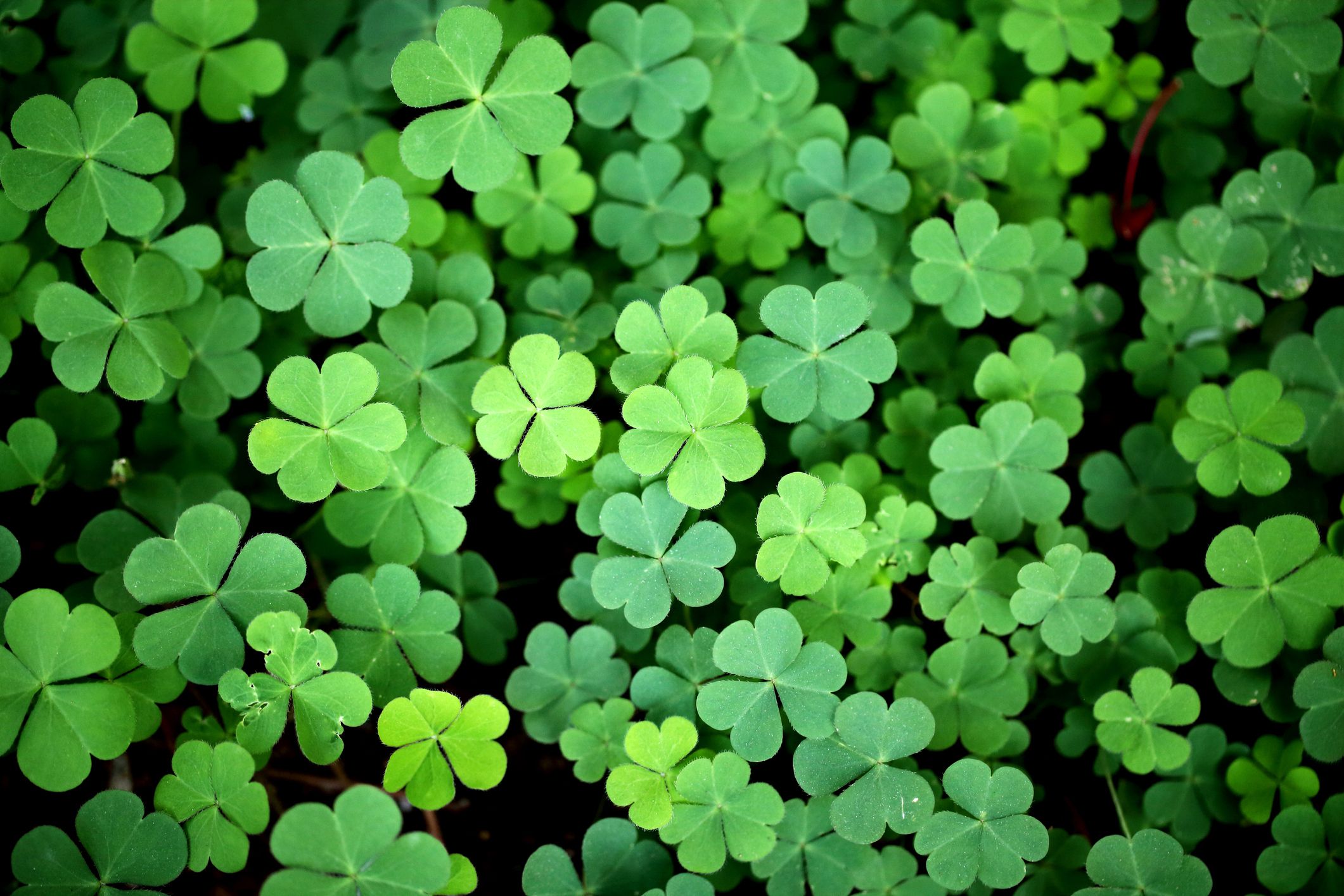
- Azaleas and rhododendrons: These evergreen shrubs also prefer acidic soil, so they can be planted near blueberries to help create a microclimate that is ideal for both plants.
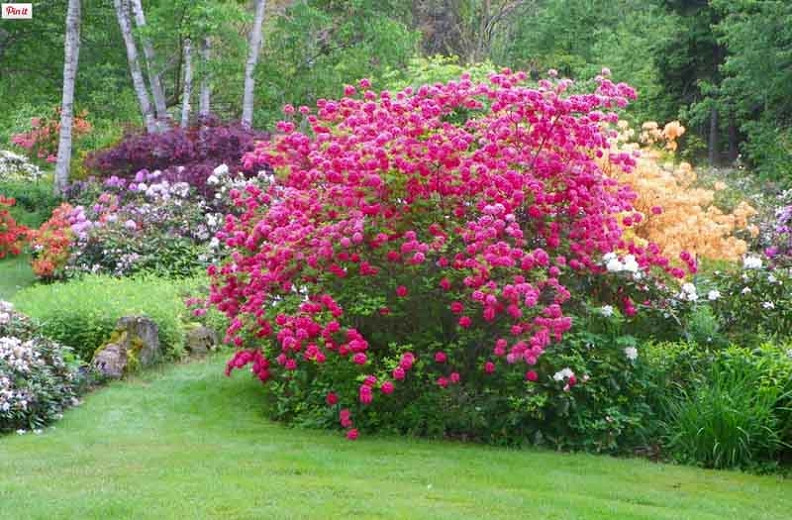
- Ferns: Ferns add a touch of beauty to the garden and they also help to keep the soil moist, which is important for blueberries.

- Herbs: Some herbs, such as thyme, oregano, and mint, can help to deter pests from blueberries. They can also attract beneficial insects, such as pollinators and ladybugs.

- Evergreens: Evergreens can provide shade for blueberries during the hot summer months. They can also help to protect blueberries from wind and frost.
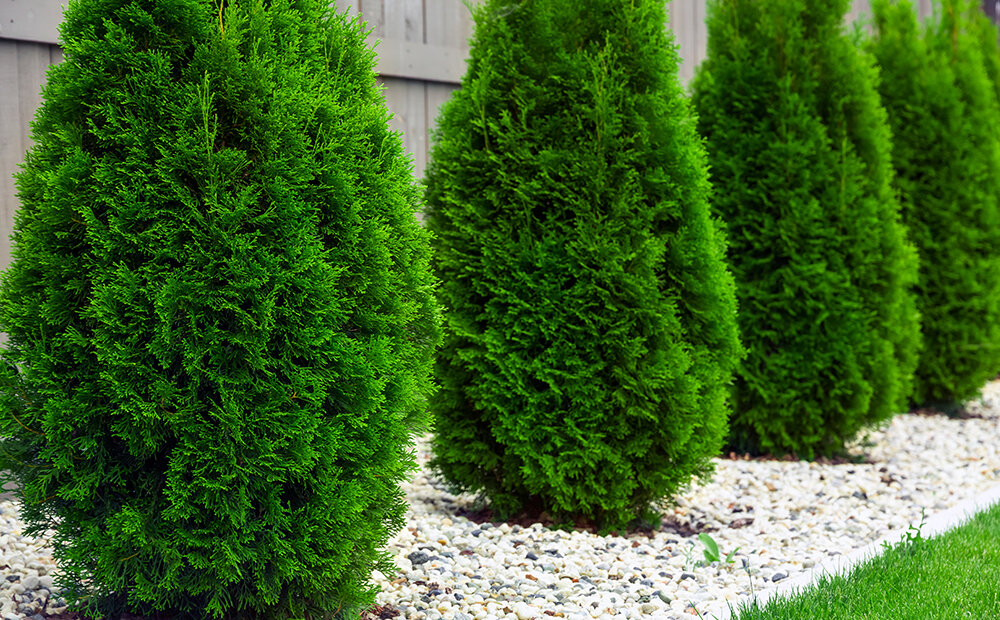
In addition to these plants, there are a few other things you can do to help blueberries thrive. Make sure to plant them in full sun and in well-drained soil. The soil should have a pH of 4.5 to 5.5. Blueberries also need regular watering, especially during the growing season.
By planting companion plants and following these other tips, you can help your blueberries to produce bumper crops of delicious fruit year after year.
Blueberries are a delicious and healthy fruit that can be grown in many parts of the world. But did you know that there are certain plants that can help blueberries grow better? These are called companion plants, and they can provide a number of benefits to blueberries, such as:
- Attracting pollinators. Blueberries need pollinators, such as bees and butterflies, to help them produce fruit. Companion plants that attract pollinators can help to ensure that your blueberry bushes are well-pollinated and produce a bountiful harvest.
- Providing shade. Blueberries can be sensitive to the sun, so planting them with companion plants that provide shade can help to protect them from the hot afternoon sun.
- Improving soil quality. Some companion plants, such as clover, can help to improve the soil quality around blueberry bushes. This can make the soil more acidic, which is what blueberries prefer.
If you're interested in learning more about companion plants for blueberries, I recommend visiting Gardenia Inspiration. This website has a wealth of information on the topic, including a list of the best companion plants for blueberries, as well as tips on how to plant and care for them.
FAQ of companion plants with blueberries
- What are some good companion plants for blueberries?
Some good companion plants for blueberries include:
- Strawberries: Both strawberries and blueberries prefer acidic soil, so they can help to improve the pH balance of the soil. They also attract pollinators, which can help to increase fruit production.

- Clover: Clover is a nitrogen-fixing plant, which means it can help to add nitrogen to the soil. This can be beneficial for blueberries, as they require nitrogen for healthy growth.

- Herbs: Herbs such as thyme, basil, and mint can help to deter pests and attract pollinators. They can also add a touch of fragrance and beauty to your garden.

- Evergreens: Evergreens such as spruce, pine, and juniper can help to provide shade and shelter for blueberries. They can also help to improve the drainage of the soil.



- What plants should I avoid planting near blueberries?
Some plants that you should avoid planting near blueberries include:
- Tomatoes: Tomatoes are not compatible with blueberries because they have different nutrient requirements. Tomatoes prefer alkaline soil, while blueberries prefer acidic soil.
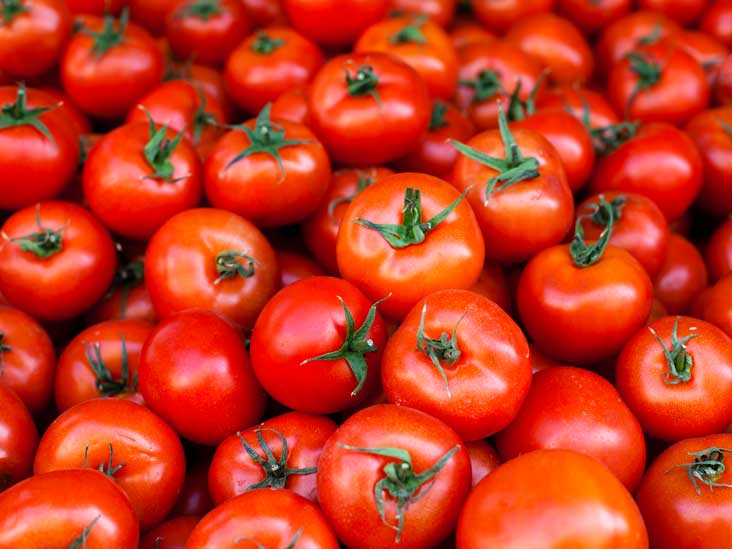
- Asparagus: Asparagus can deplete the soil of nitrogen, which is a nutrient that blueberries need.
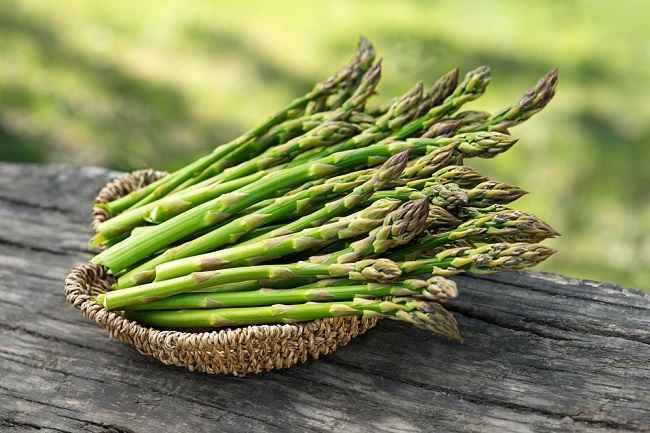
- Beans: Beans can also deplete the soil of nitrogen. They can also attract pests that can damage blueberries.
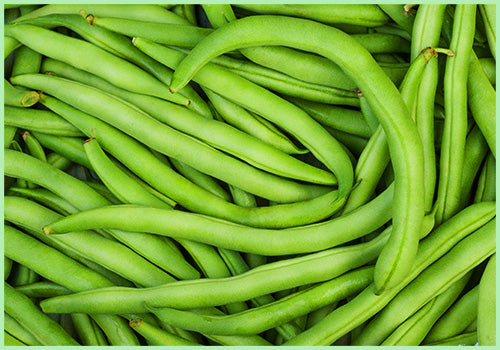
- Eggplants: Eggplants have similar nutrient requirements to tomatoes, so they should not be planted near blueberries.
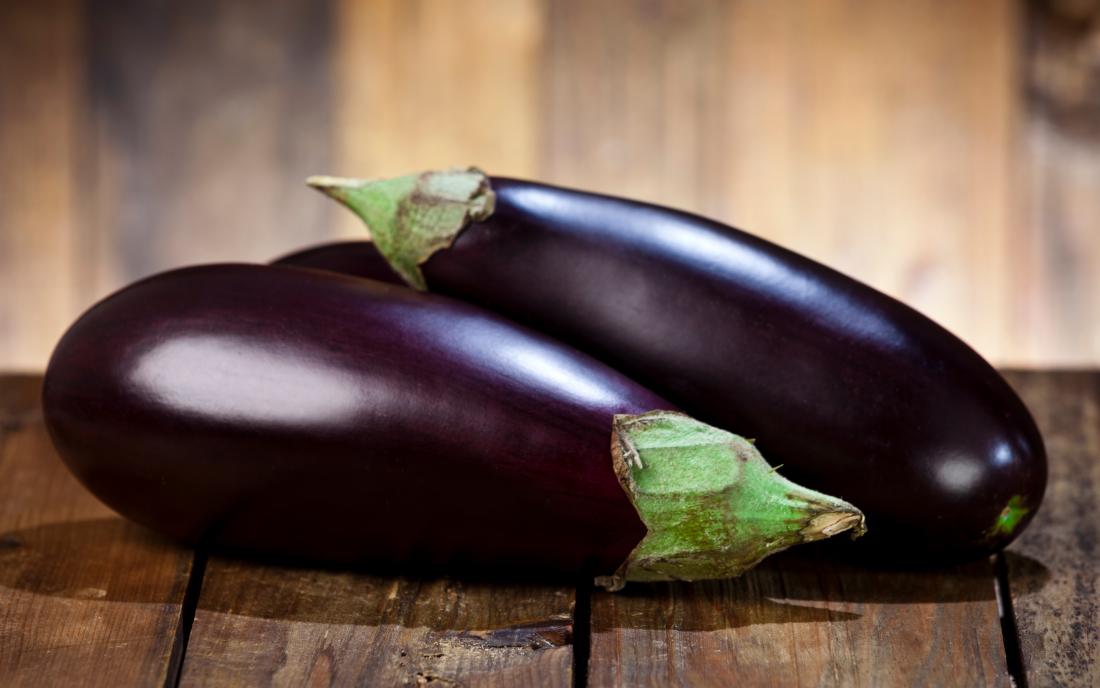
- Cabbage: Cabbage can attract pests that can damage blueberries.

- What are the benefits of companion planting with blueberries?
There are several benefits to companion planting with blueberries. Some of the benefits include:
- Improved soil health: Companion plants can help to improve the soil health by adding nutrients, improving drainage, and suppressing weeds.
- Increased pollination: Companion plants can attract pollinators, which can help to increase fruit production.
- Disease and pest control: Companion plants can help to deter pests and diseases.
- Visual appeal: Companion plants can add visual appeal to your garden.
- How far apart should I plant blueberry bushes?
Blueberry bushes should be planted at least 3 feet apart. This will give them enough space to grow and spread.
- What type of soil do blueberries need?
Blueberries need acidic soil with a pH of 4.5 to 5.5. If your soil is not acidic, you can add sulfur to lower the pH.
Image of companion plants with blueberries
- Astilbe: Astilbe is a perennial flowering plant that can help to attract pollinators to your blueberry patch. It also prefers acidic soil, which is ideal for blueberries.
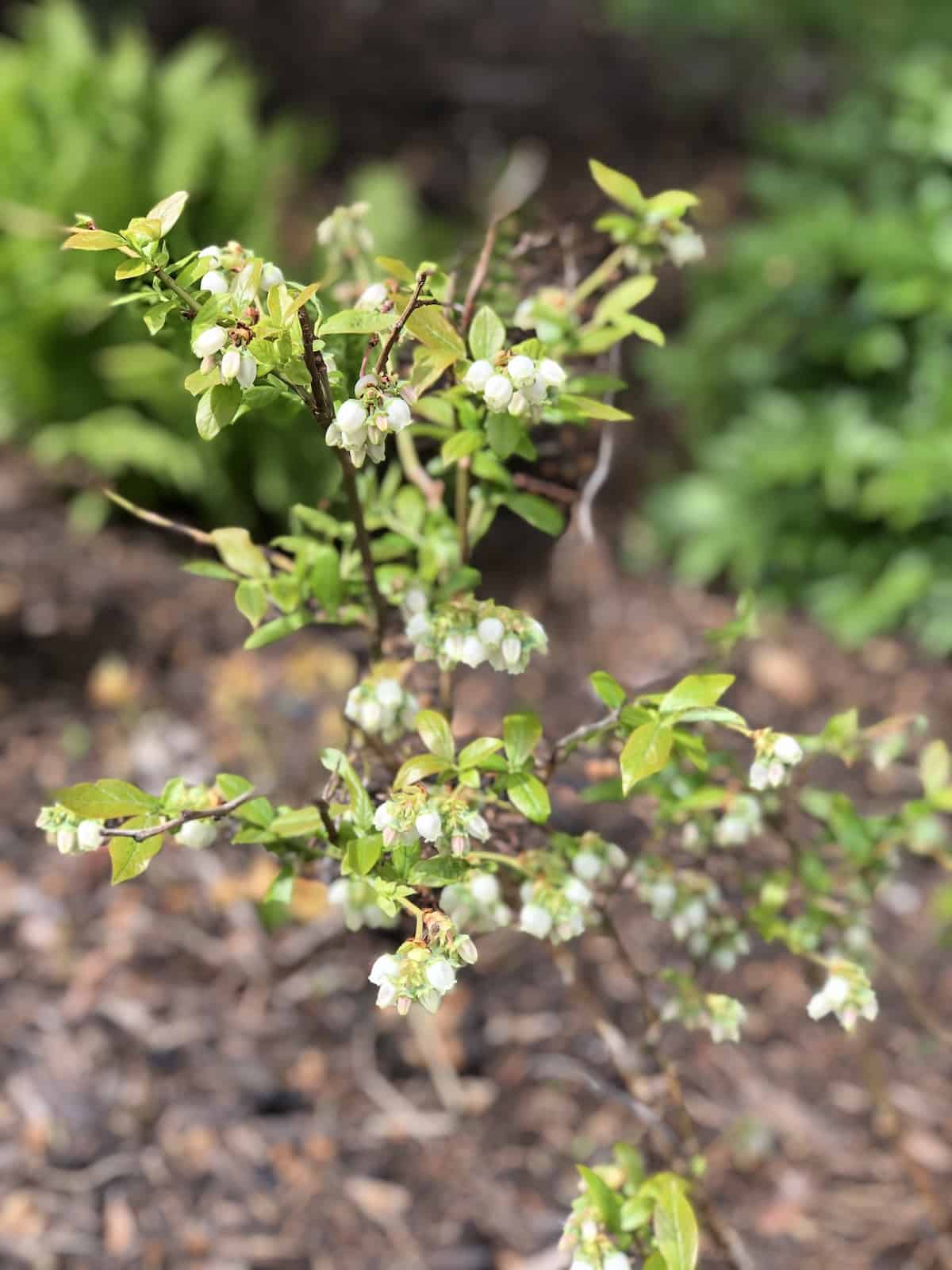
- Clover: Clover is a nitrogen-fixing plant that can help to improve the soil quality around your blueberries. It also provides ground cover, which can help to suppress weeds.

- Daylily: Daylilies are another perennial flowering plant that can attract pollinators to your blueberry patch. They also tolerate shade, which makes them a good choice for blueberry plants that need some afternoon shade.
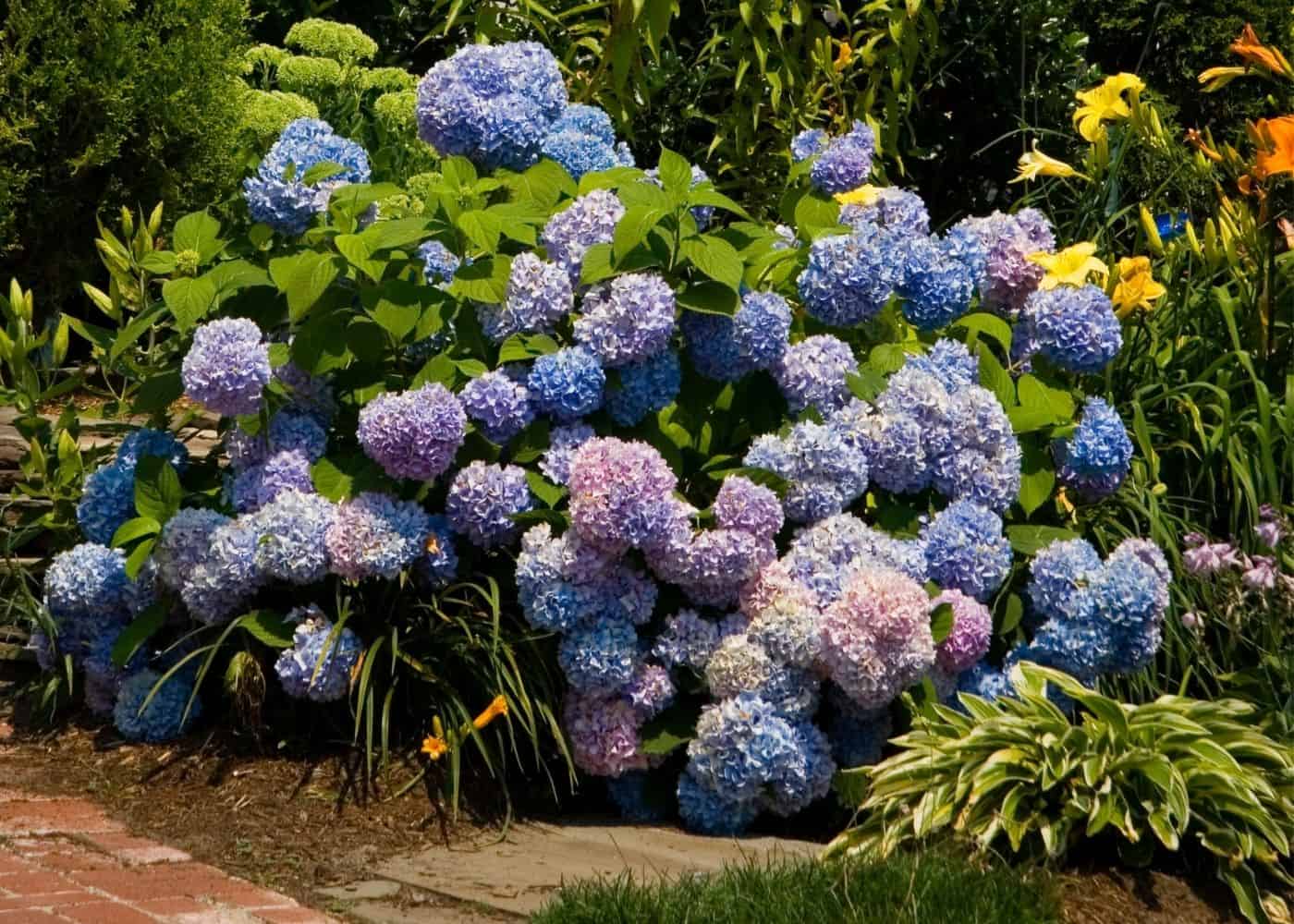
- Lavender: Lavender is a fragrant herb that can help to deter pests from your blueberry patch. It also prefers acidic soil, which is ideal for blueberries.
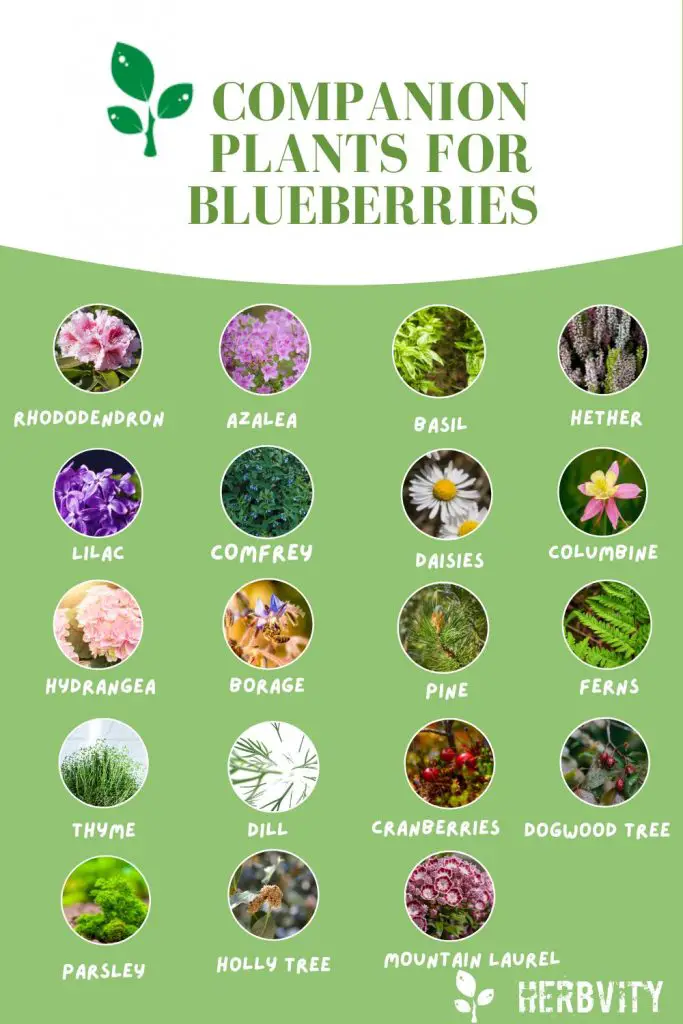
- Sweet woodruff: Sweet woodruff is a groundcover plant that can help to suppress weeds and improve the drainage around your blueberries. It also has a sweet fragrance that can attract pollinators.


Post a Comment for "The Best Companion Plants For Blueberries"